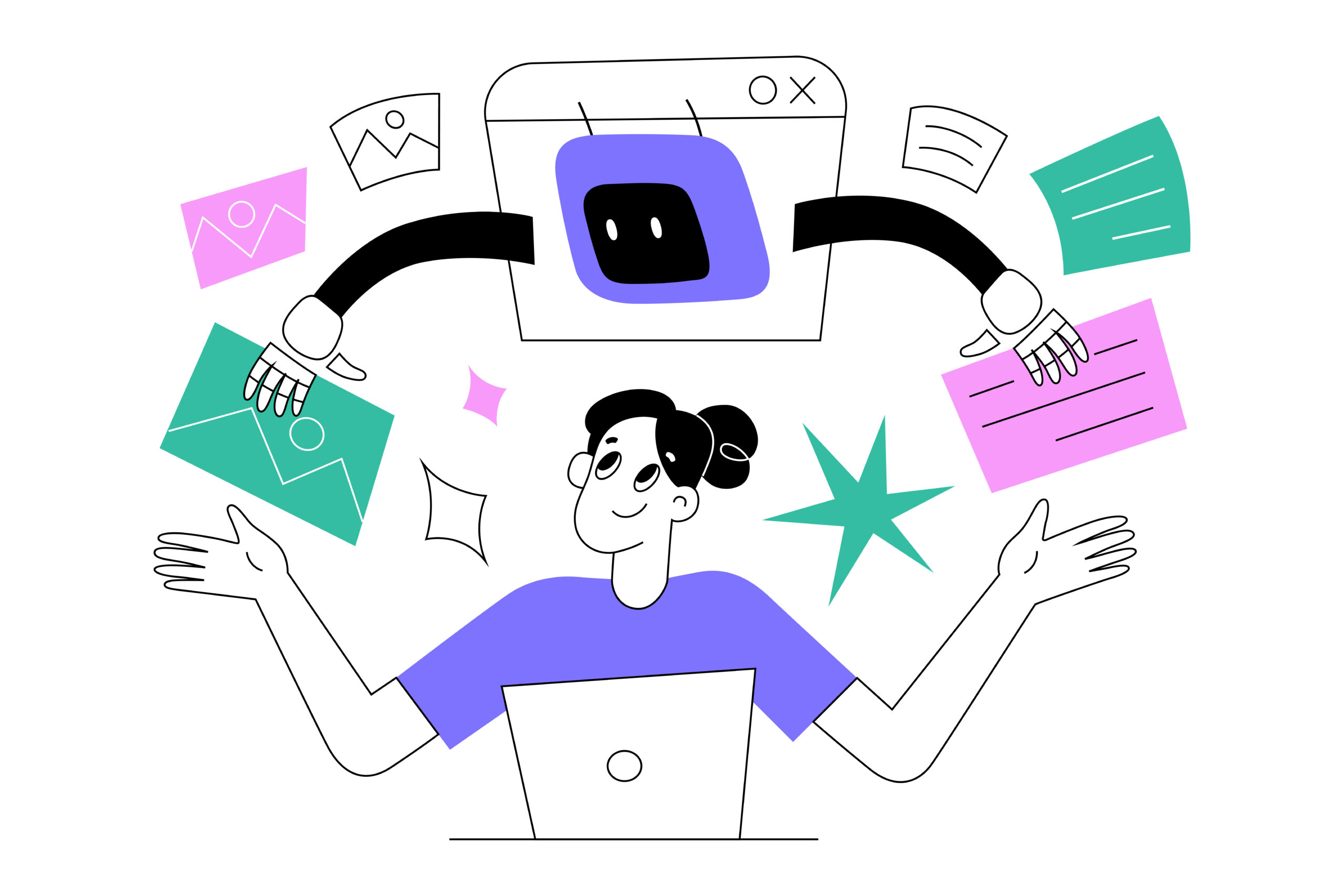User-Generated Content and Artificial Intelligence: A Game Changer
In an age in which artificial intelligence (AI) is used to empower travelers, user-generated content (UGC) is an invaluable asset for improving the overall travel experience.
The increasing power of generative AI is undeniable, but people are more likely to trust the recommendations of other travelers. AI-powered recommendations can be helpful, but they can also feel impersonal and generic. UGC, on the other hand, is created by real people who have actually experienced a travel destination. It is more authentic, relatable, and dynamic than AI-powered recommendations.
UGC has long been the first point of contact for consumers when looking for travel recommendations. When people look for restaurant recommendations at a destination, they are more likely to visit places they can find on social media that real people endorse. The same can be said for experiences, hotel rooms, and destinations.
UGC plays a vital role in helping destinations understand what customers are looking for when they book a trip. It can be used to identify trends and opportunities within the industry, allowing businesses to stay ahead of the competition and maximize their profits.
As we move into an age where travel is powered by AI recommendations, UGC will remain a key part of the customer journey. The true power of future destination marketing organizations (DMOs) lies not in relying exclusively on UGC or AI, but in integrating the two.
By combining both user-generated content and AI-backed recommendations, DMOs can give travelers a personalized experience that caters to their individual needs. This could include AI-curated travel guides backed by users or AI-powered destination recommendations based on past experiences that link to UGC.
For example, a DMO could use AI to identify travelers who are interested in hiking. The DMO could then use UGC to find hiking trails that these travelers are likely to enjoy. This would allow the DMO to provide travelers with personalized recommendations that are based on their interests and past experiences.
AI’s could use UGC to help travelers plan their trips. The AI agent could ask the traveler about their interests and preferences, and then use UGC to recommend destinations, activities, and accommodations. Or rely on UGC to track demand for different destinations and activities, and then use this information to set prices that maximize profits.
The integration of UGC and AI is a powerful tool that can be used to improve the travel experience for consumers. By combining the authenticity of UGC with the power of AI, DMOs can create personalized travel experiences that are both informative and engaging.

